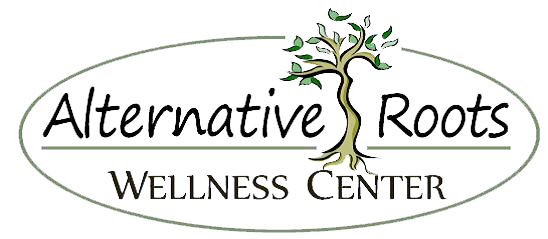Supplements: Yea or Nay?
According to recent surveys, more than half the American population supplements their diet with a multivitamin, an herbal or some nutritional support. Over the past decade, the market has expanded exponentially grossing over $150 billion annually.
This begs the question; do we all really need supplements? The answer is not simple since many different aspects have to be taken into consideration.
First and foremost, if you have a diet rich in fruits, vegetables, nuts, seeds and whole grains, there is usually no need for supplementation. The key is to get variety in your meals so you are not eating the same foods all the time. A colorful plate for every meal implies that you get your multivitamins from food rather than a pill. This is always the best option because food, in its whole form, has a multitude of phytonutrients that help us absorb and utilize other nutrients efficiently. It is vital to be aware of how your food is grown and better to buy organic options for the produce you consume the most, especially thin skinned fruits or vegetables and leafy greens.
Supplements are not regulated by the FDA. Thus, the onus of researching their quality and efficacy falls squarely on the consumers. This can get complicated given marketing blasts that promise everything from speedy weight loss to a surge in energy. Understand that not all supplements are created equal and most of the claims are not backed by strong proof or any at all.
When buying supplements watch out for additives including, but not limited to, titanium dioxide, colors/dyes, carnauba wax and silica. Most of these are used to help bind pills together and change their color, but can interfere with how they are processed in our body.
Furthermore, certain forms of nutrients are also better utilized in our bodies. Oxide and carbonate forms of minerals, for example, are poorly absorbed. In some cases toxicity levels need be considered such as the case with palmitate and retinol forms of Vitamin A.
Given how confusing it can be, this is where talking to a healthcare professional becomes important. They should be able to guide you regarding how to choose good supplements and help determine if you actually need them.
A healthy digestive system plays a big role in your ability to get the benefits from what you ingest, so it is important to ensure that it is functioning optimally. We believe that supplements work best when used for a short term to address specific deficiencies when whole foods might be inadequate. Something is not better than nothing, in this case. So, avoid cheap and gimmicky vitamins and marketing campaigns. Keeping the number of pills to a minimum also reduces the chances of any interactions that can occur between supplements themselves or with medications.
And remember, it is supplementation and not substitution – nothing can improve your well being more than a healthy lifestyle.

